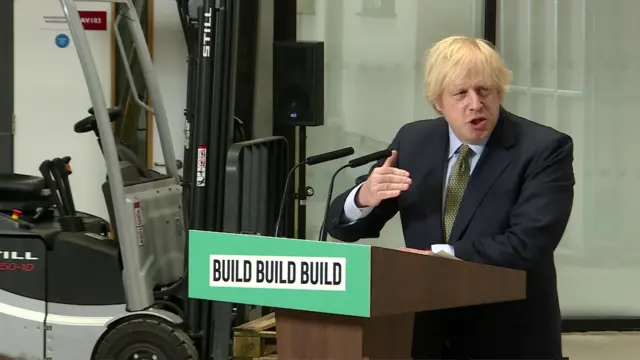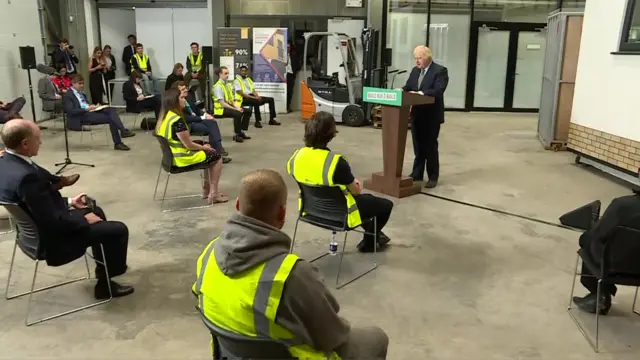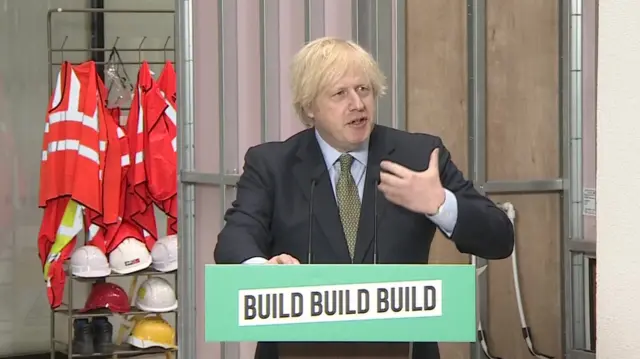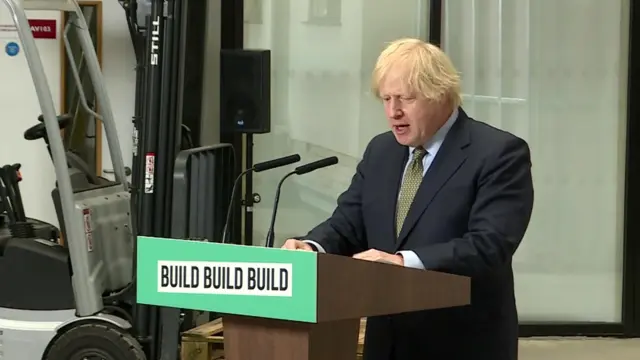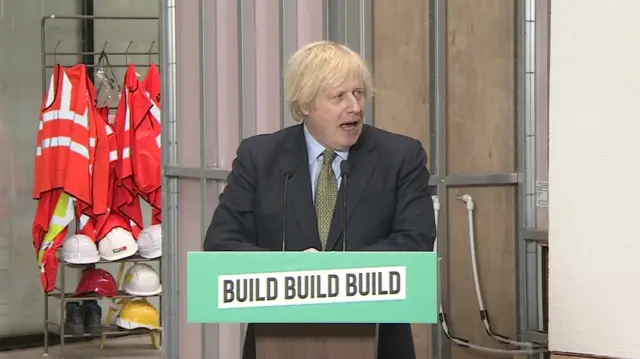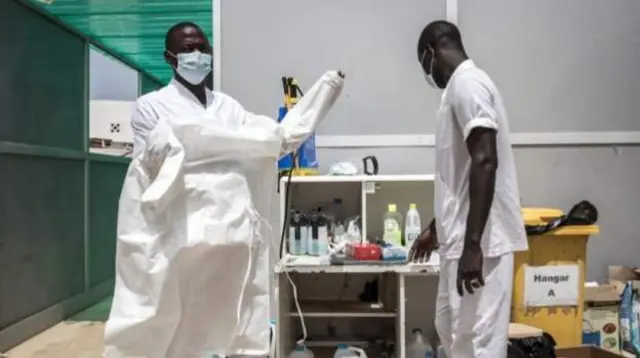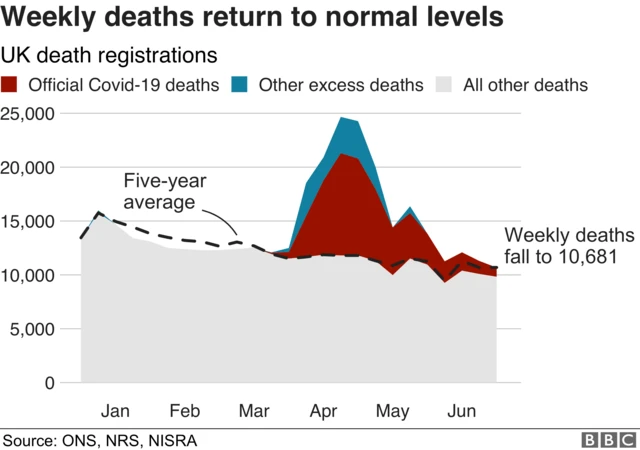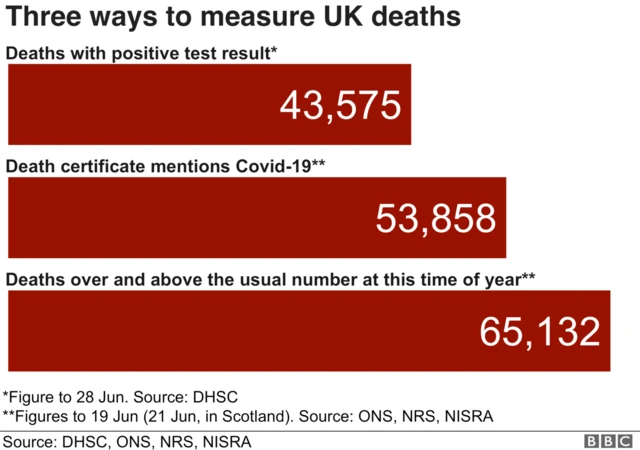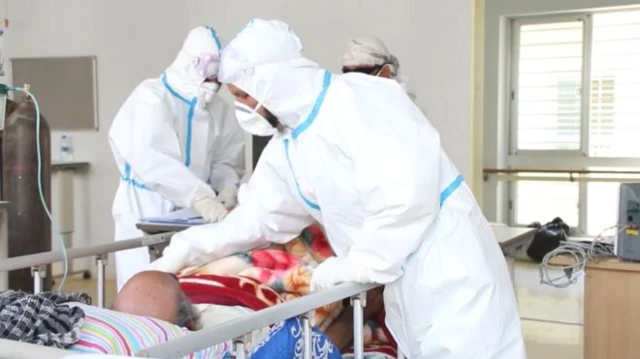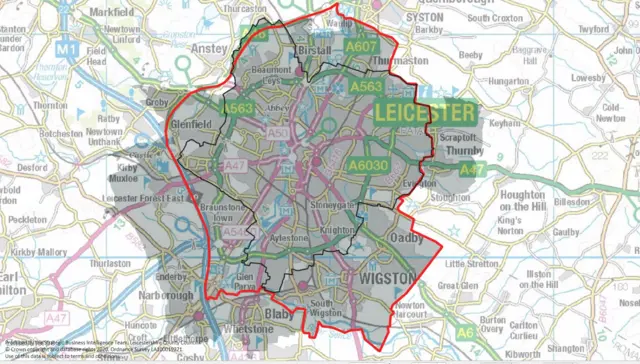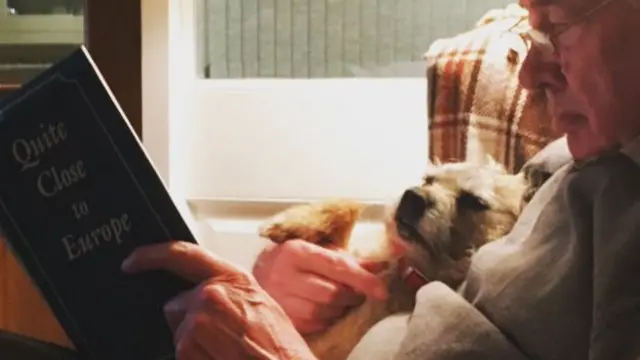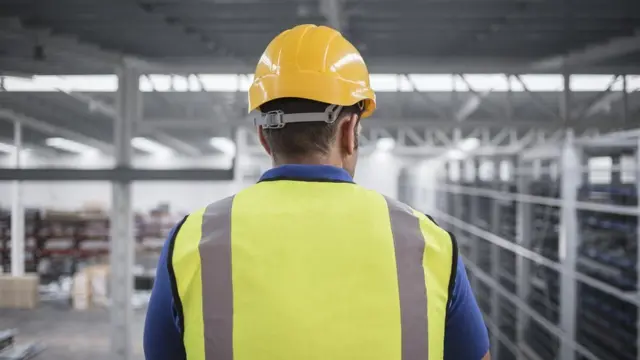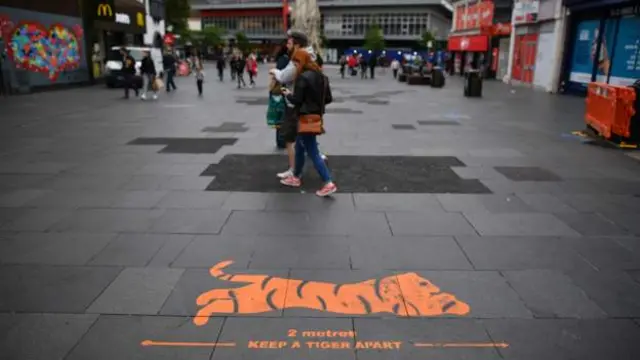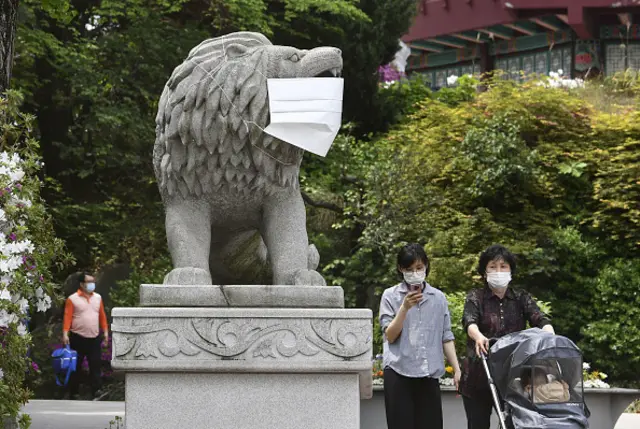'Chronic failure' to build homespublished at 11:36 BST 30 June 2020
Mr Johnson moves on to discuss the "chronic failure of British state", saying it has "failed to build enough homes".
He pledged to build "fantastic new homes on brownfield sites and other areas with better transport".
And the PM promises to "address that inter-generational injustice" by helping young people "get on the housing ladder the way their parents and grandparents could".
He says he will do this by introducing the "most radical reforms of our planning system since the end of the Second World War".
